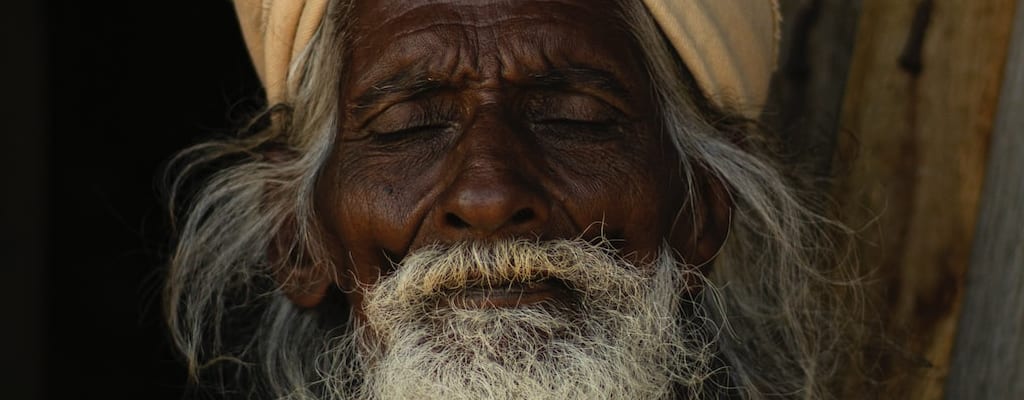mere mortal: Idiom Meaning and Origin
What does ‘mere mortal’ mean?
The idiom "mere mortal" refers to an average or ordinary person who does not possess any extraordinary qualities or abilities.

Idiom Explorer
The idiom "woman on the street" refers to an ordinary woman without any special knowledge or expertise in a particular field or subject.
The idiom "put one's pants on one leg at a time" means that someone is just an ordinary person, emphasizing equality and normalcy.
The idiom "more often than not" means that something is likely to happen or be true most of the time, although there may be exceptions occasionally.
The idiom "more equal" means that something or someone is not considered completely equal, but is seen as having a higher level of equality compared to others.
The idiom "Miller of Dee" refers to someone who is content and satisfied with what they have, regardless of their material wealth or circumstances.
The idiom "middle of the road" means taking a moderate or neutral stance, avoiding extreme positions or opinions.
The idiom "Mickey Mouse" is used to describe something that is trivial, insignificant, or lacking seriousness or quality.
The idiom "meet one's maker" means to die or to face death and meet God as the creator. It implies the belief that after death, a person will be judged by their actions in life.
The idiom "meat on one's bones" refers to being physically well-built or having a healthy and robust appearance.
The idiom "matter of life and death" is used to convey a situation or decision that is extremely urgent, critical, or important, often with serious consequences.
Decoding Mortal Existence
The idiom "mere mortal" is a commonly used expression in the English language. It signifies the contrast between ordinary humans and beings that are considered to be above or beyond them in some way. It implies that we, average people, are nothing more than human, susceptible to death and without extraordinary abilities or divine powers.
One widely accepted interpretation of this idiom highlights the limitations and vulnerability of human beings. Unlike mythical creatures or supernatural beings, average joe is not endowed with immortality or extraordinary abilities. Joe Average is subject to the natural order of life and death, just like any other person.
This concept also reflects a sense of humility and recognition of our own limitations. It serves as a reminder that regardless of our accomplishments or status, we are ultimately bound by the same fate as every other human being. We are all just folks, equal in our mortality.
The idiom "mere mortal" is commonly used in literature, film, and everyday speech, conveying various meanings depending on the context. In literature and mythology, it draws a distinction between humans and gods or mythical figures, highlighting the contrast between extraordinary abilities and mortality.
Additionally, the idiom can be used humorously or ironically to downplay someone's achievements or skills, emphasizing the gap between ordinary human capabilities and exceptional abilities sometimes attributed to them. It can also express awe or admiration for someone who has achieved extraordinary feats or possesses exceptional qualities, further highlighting the distinction between these exceptional individuals and the more common, ordinary humans.
The idiom "mere mortal" captures the essence of human limitations, mortality, and humility. It reminds us of our shared fate and the boundaries within which human beings exist. The phrase creates a fascinating dynamic between the ordinary and the extraordinary, captivating the imaginations of individuals across cultures and generations.
Example usage
Examples of how the idiom "mere mortal" can be used in a sentence:
- He possesses superhuman strength and abilities that surpass those of mere mortals.
- Despite his wealth and success, he is still a mere mortal who experiences the same emotions and struggles as everyone else.
- The task seems impossible for a mere mortal, but with hard work and determination, it can be achieved.
More "Adages" idioms



